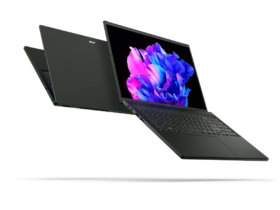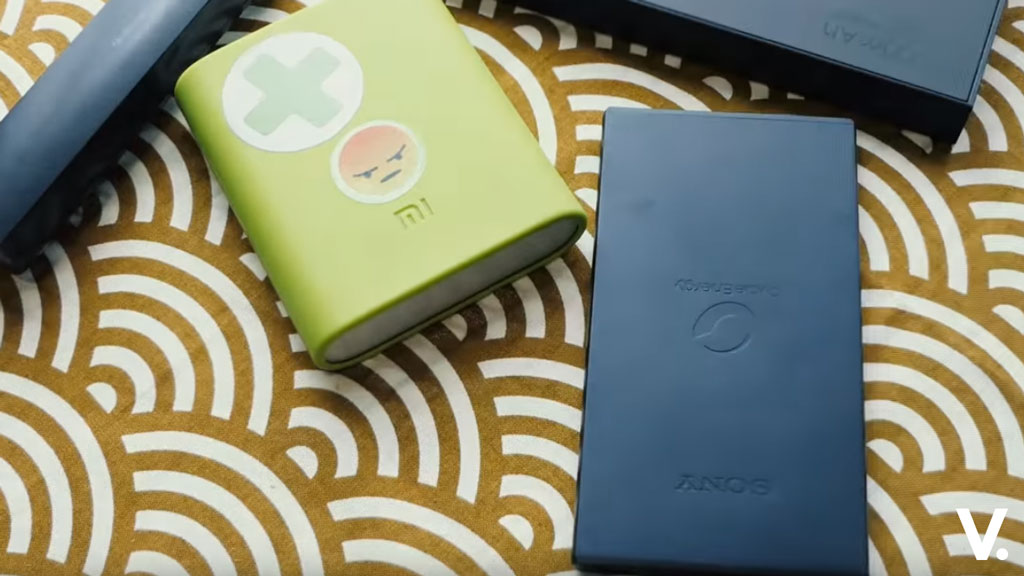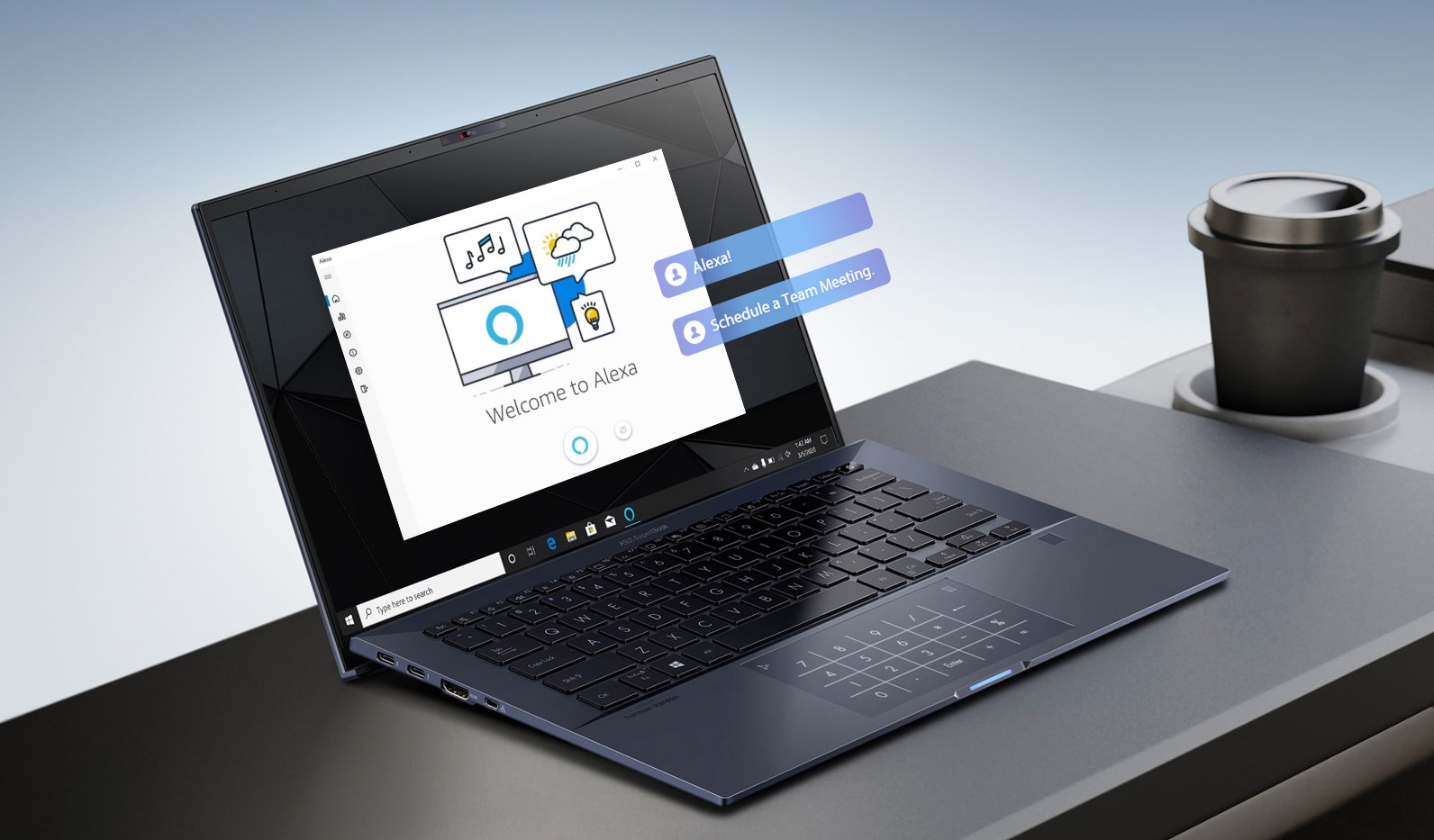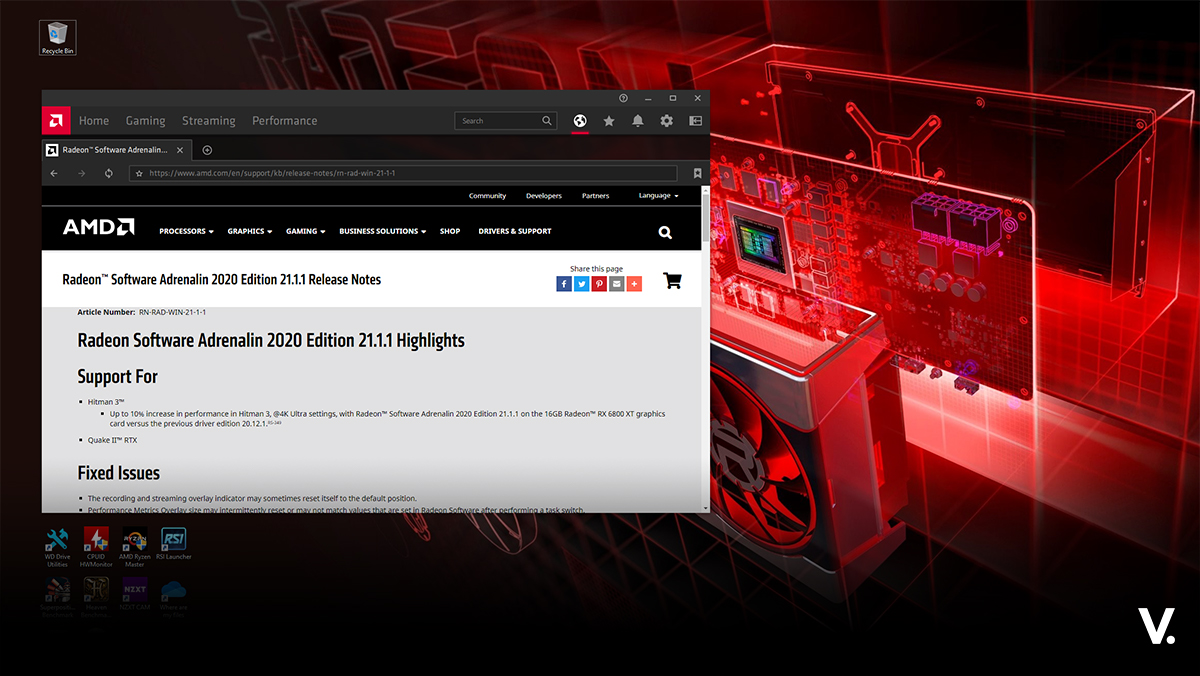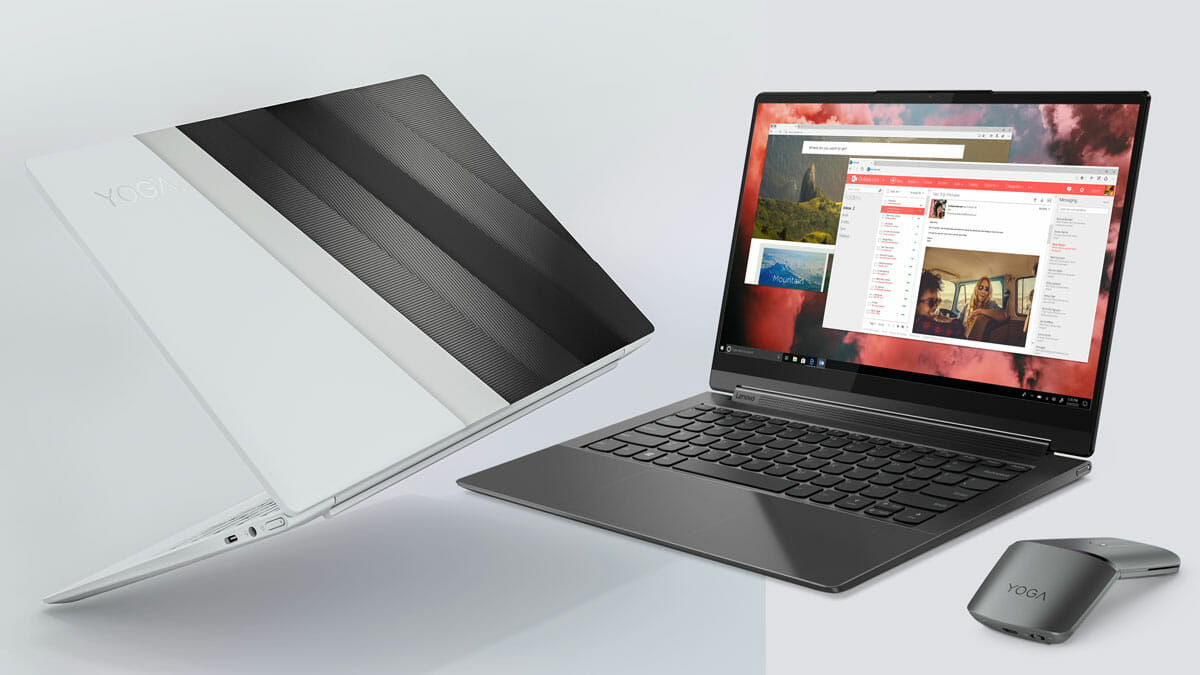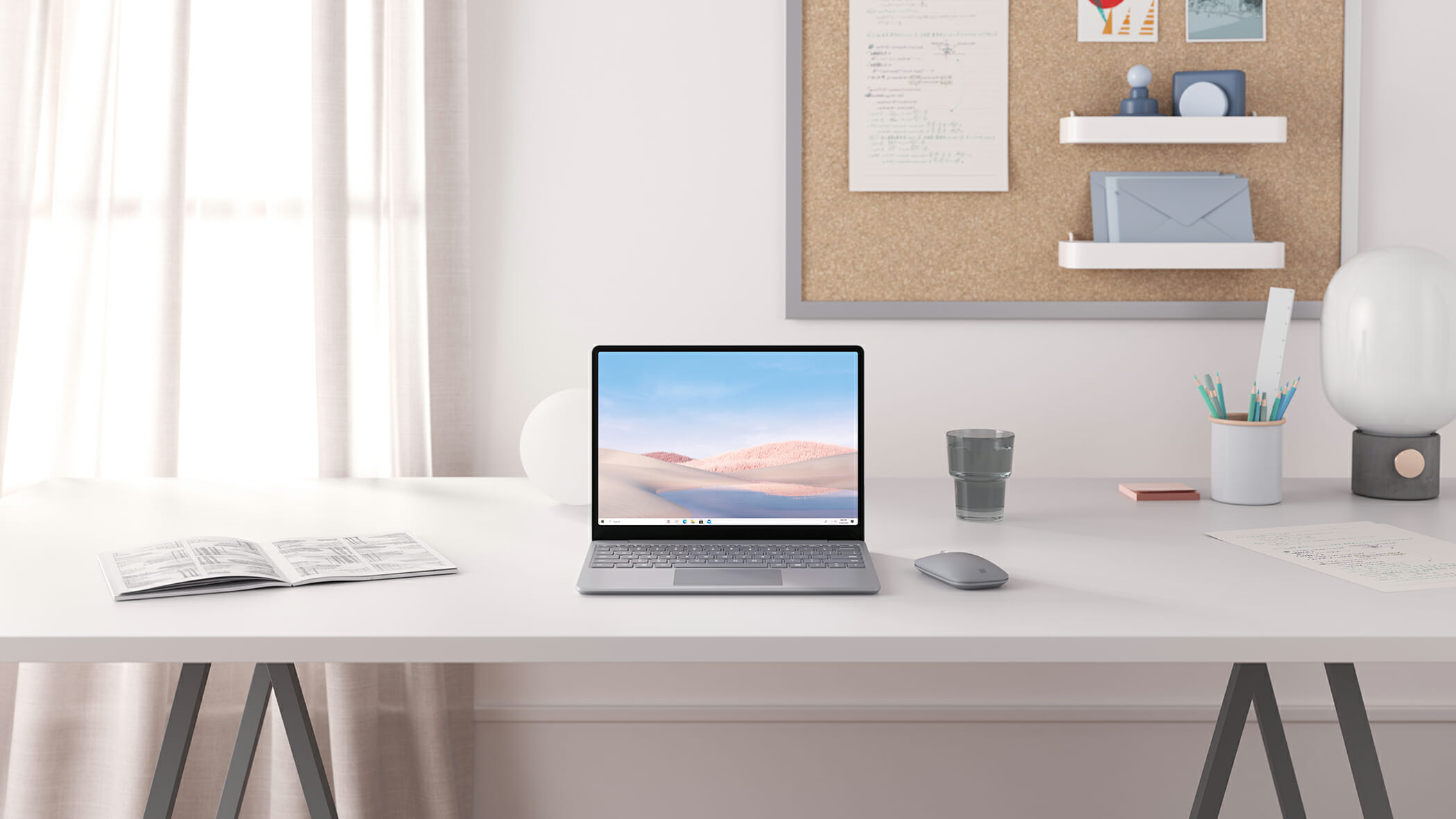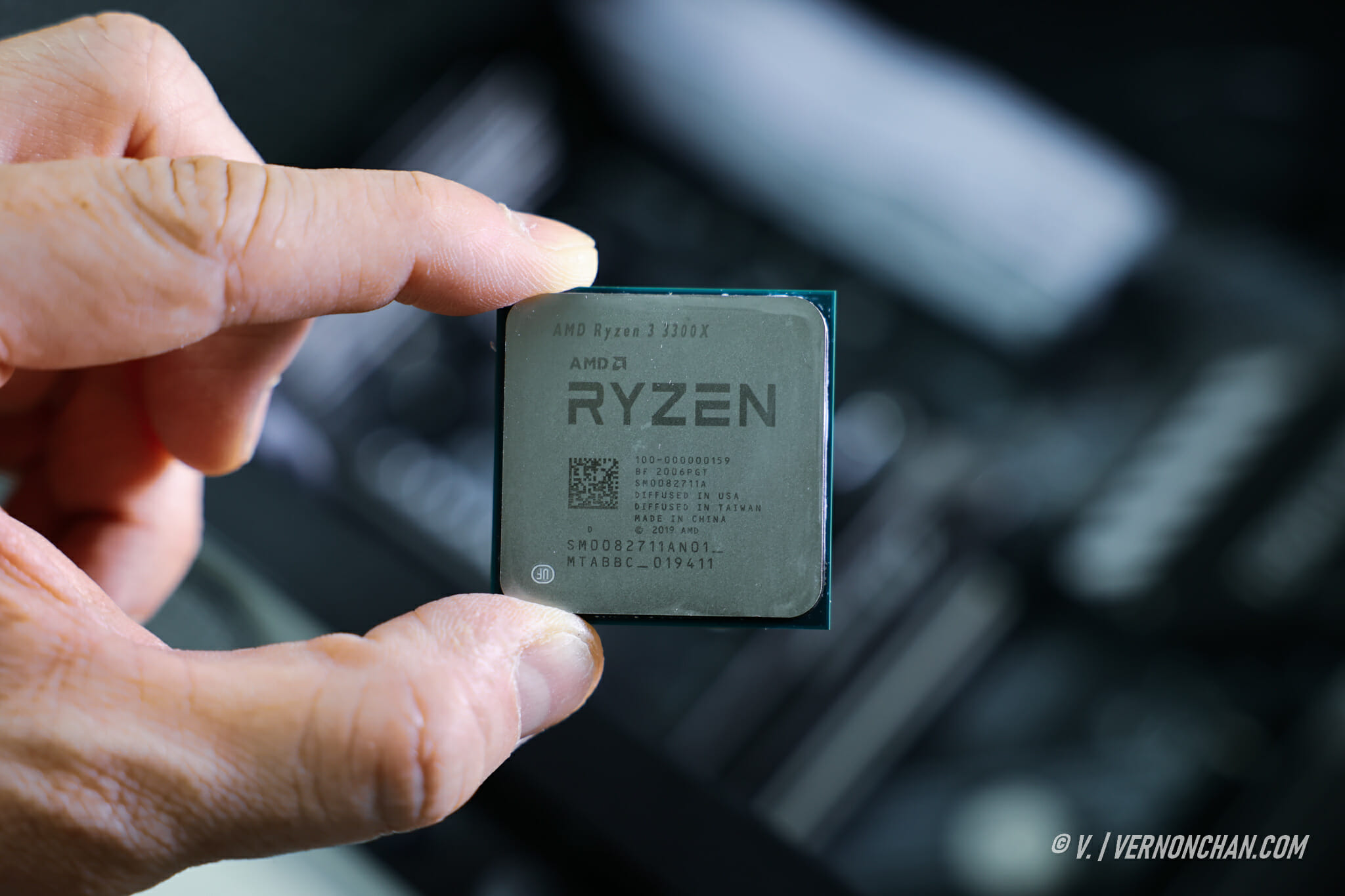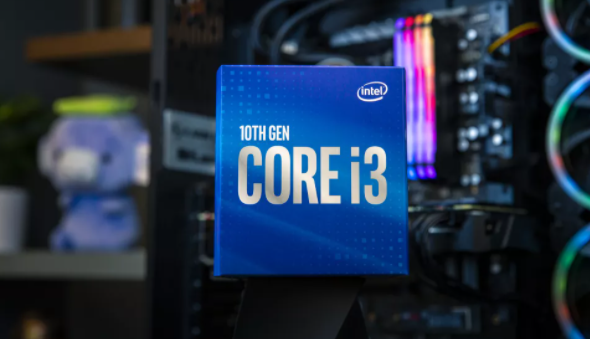Over the last four years, Lenovo has been on a journey to build a customer-centric, multi-business company. No longer a mere pusher of boxes, the company has entrenched itself as a global innovator and leader—with one of the world’s most complete portfolio of smart devices and infrastructure. The core of its rise to the top is its Intelligent Transformation strategy—improving and enhancing people’s lives thorough the use of transformative technology—for play, work, or in the home.
In a time of great global change and challenging economic conditions, Lenovo posted record revenue, closing out its FY18/19 with an annual revenue of USD51 billion, up 12.5 percent year-on-year. Its Intelligent Transformation strategy drove a full year pre-tax income jump to USD856 million—up more than four times at 459 percent year-on-year.
Overall, the group shows strong Q4 performance with revenue hitting USD11.7 billion, up 10.1 percent year-on-year.
The group fired at all cylinders with Q4 revenue and profit up across all businesses from the first time since the x86 and Motorola business acquisitions.
While the PC industry remained mostly flat, Lenovo’s PC and Smart Devices business grew 9 percent, capturing a record market share of 23.4 percent in the past fiscal year. It remains one of the fastest growing companies among the top five global players.

Its data centre and infrastructure business achieved the fastest year-on-year growth since the acquisition of IBM’s x86 server business, growing 37 percent with a record full year revenue of over USD6 billion.
So, what’s next? For one, the company will continue to shift from a primarily product-based strategy to more services-driven, and a continue its focus on Intelligent Transformation.
As IoT devices become more pervasive and with the 5G era looming, we’re at the crux of when everything is smart, always on and hyperconnected.
On a grand scheme of things, Lenovo, with its strength in IoT and smart devices, wants to bring smarter technology to all.

Smarter smart things
I spoke to Ivan Cheung, Vice President of Lenovo Asia Pacific, who explained that for this year, Lenovo is employing a 3S strategy —Smart IoT, Smart Infrastructure and Smart Verticals—to drive future growth and industry leadership.
Smart IoT rides on Lenovo’s core strengths—PC and smart devices, a segment that drives 76 percent of its revenue. This includes notebooks, tablets, smartphones and connected devices like its Smart Clock, Smart Camera and Smart Lock.
Smart Infrastructure builds upon Lenovo’s foundation in computing, cloud, data centre and networking to support intelligent devices. With the number of smart devices expected to hit 20 billion by 2020, more than double the number in 2017, infrastructure is the engine that power public cloud companies, super computing, and artificial intelligence (AI).
Smart Verticals are end-to-end solutions harnessing Lenovo’s Smart IoT and Smart Infrastructure strengths to serve three key verticals—smart manufacturing, smart education and smart retail. Already, Lenovo has created models and business use cases both internally as well as for its customers. Ivan gave an example of smart warehousing and logistics, used by Lenovo themselves which improves business processses, decision-making and improve financial returns.
“By leveraging technology and big data to improve efficiency, every one percent of improvement could translate to millions of dollars in cost savings,” he said.
A good example would be an e-tailer or e-commerce fulfilment centre which can harness smart cameras, AI and robotics for unmanned logistics applications.
China has seen a rise in unmanned retail stores, harnessing smart devices, smart cameras, AI, and facial recognition. Ivan was quick to point out that Lenovo is not in the business of setting up unmanned stores itself, but enabling businesses to do so. Evidently, the company did open a fully-automated store—Lenovo Lecoo Unmanned Store on its new Beijing campus last year. More of a pilot programme and showcase for technologies rather than a real-world foray into the autonomous retail space.
Transforming enterprises
The use cases provide a good segue to Industry 4.0 or Industry Revolution 4.0 (IR4.0), buzzwords that have been floating around currently. In Malaysia at least, the Ministry of International Trade and Industry (MITI) reports that there’s still an underwhelming response from local small and medium enterprises (SMEs) under the National Policy on Industry 4.0 (Industry4WRD). Lack of expertise, business case validation and cost have been cited to be key reasons why there’s SMEs are not taking steps to digitally transform.
Which is why private companies like Lenovo is in the best position to educate, enable and empower SMEs.
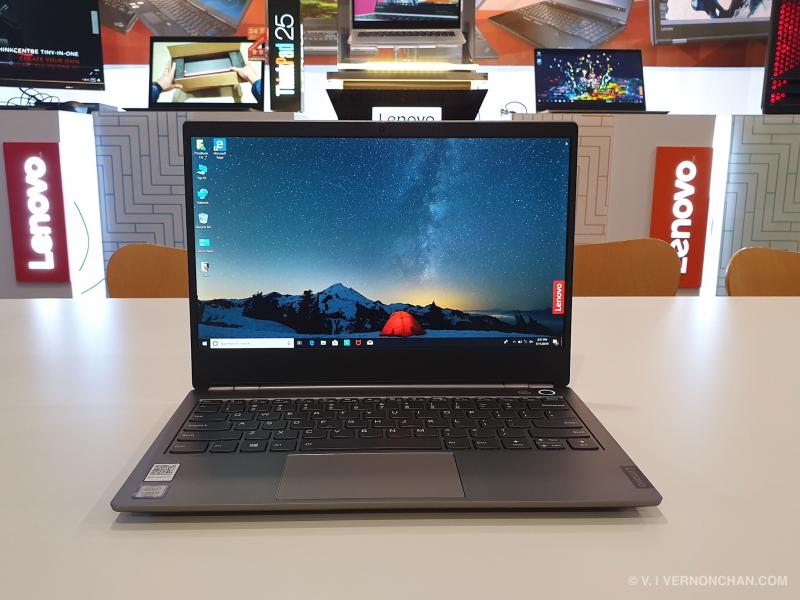
One way Lenovo is enabling SMEs is via its Device As A Service (DaaS) programme. Pioneered in Australia, Lenovo DaaS helps to free up internal resources, free up cash flow, and offers reliable, fully-customised solution for enterprises. In addition, it offers comprehensive customer support to ensure there’s no downtime or unresolved security concerns.
Lenovo DaaS covers Lenovo’s award-winning devices—from mobile phones, PCs and tablets to the data centre. The lease-to-use model also ensures that enterprises always has the most updated technology, with faulty or outdated machines replaced.
Moving forward, Ivan lamented that Lenovo will strive to make existing devices smarter, more exciting. Expect new form factors to debut, for example the foldable ThinkPad X1 Carbon that had the world raving about early this year, slated for a Q1 2020 release. And Project Limitless—the world’s first 5G-enabled notebook PC. Also new devices like ThinkSmart Hub 500, ThinkVision M14, ThinkBook 13s, ThinkShield as well as other smart innovations.
As it continues its journey as a customer-centric, multi-business company, we can expect Lenovo to continue to innovate and push boundaries to empower businesses and enrich consumers.
Header image: Lenovo


